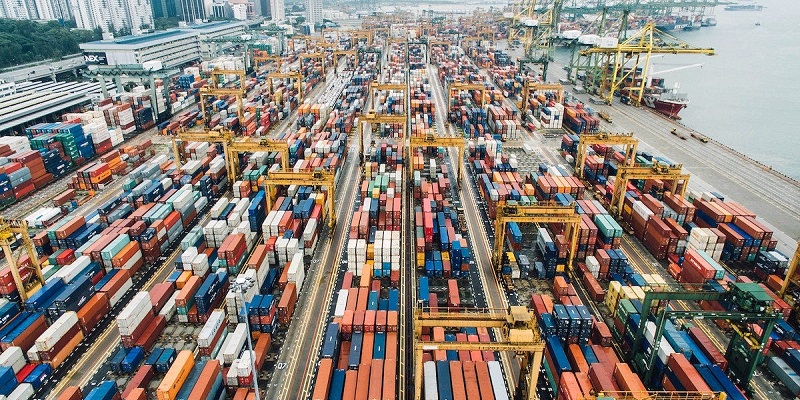Schedule a Call Back
India to establish 50 e-commerce export hubs over five years
 Industry News
Industry News- Aug 21,24

Related Stories

For the foreseeable future, multiple fuels will coexist and grow: Farrokh Cooper
In this conversation with Rakesh Rao, Farrokh Cooper, CMD, Cooper Corporation, shares his views on manufacturing, technology and the road ahead.
Read more
CII–ICEMA Highlight Export Competitiveness of India’s CE Industry at EXCON 2025
CII and ICEMA, at EXCON 2025, underscored India’s growing construction equipment export strength, policy support, innovation leadership and global ambitions.
Read more
Tenneco India Posts Strong Q2 and H1 Growth in FY2026
Automotive supplier reports above-market VAR growth and robust order wins recently.
Read more














